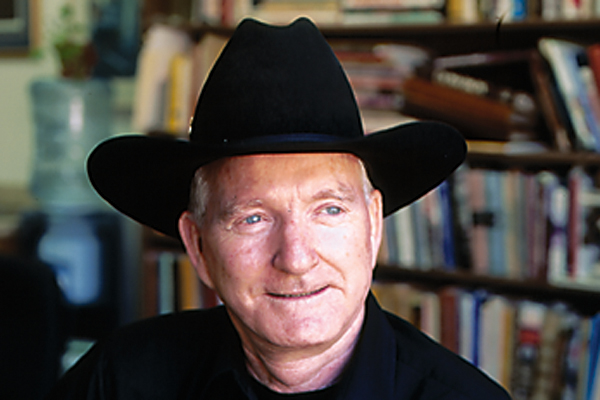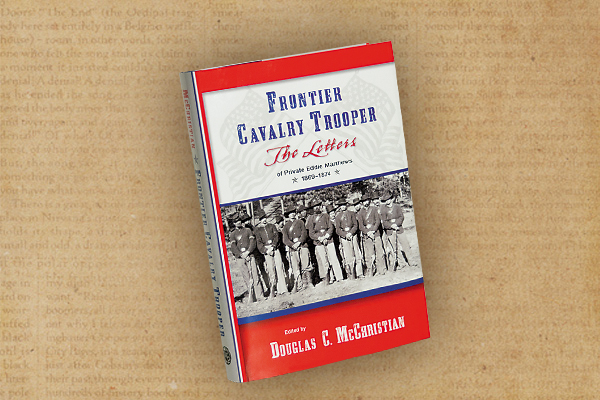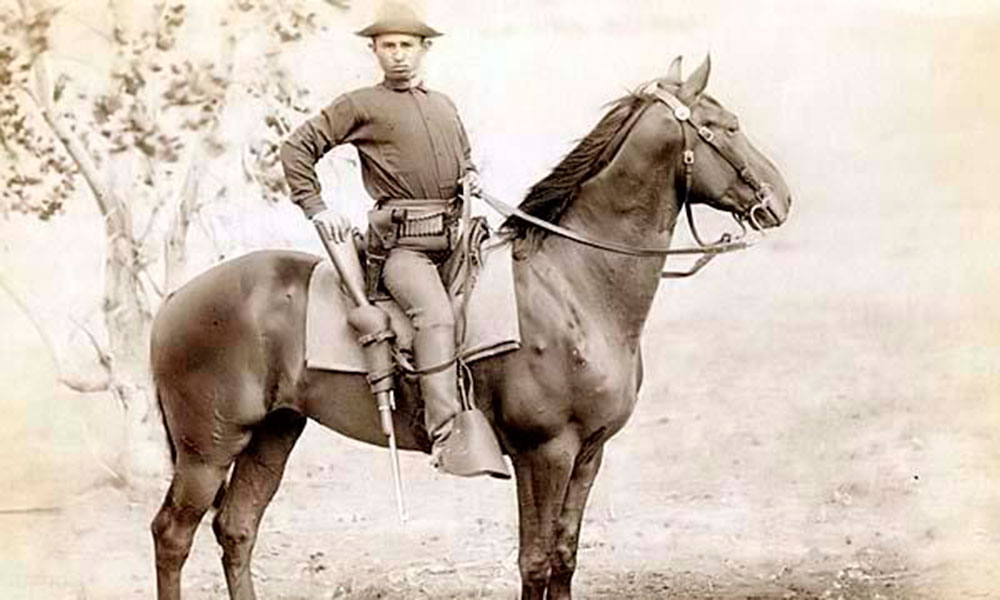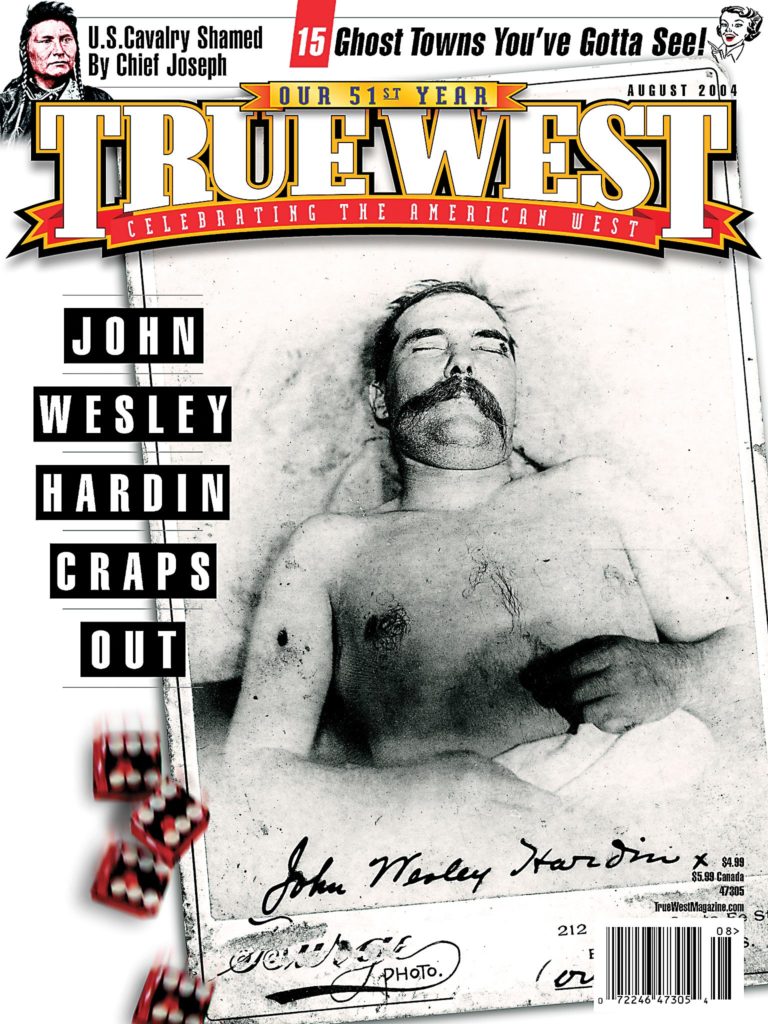 I just watched an old Army cavalry movie, and I’m wondering about the neckerchiefs and trouser stripes. What can you tell me about the cavalry uniforms of the Indian Wars?
I just watched an old Army cavalry movie, and I’m wondering about the neckerchiefs and trouser stripes. What can you tell me about the cavalry uniforms of the Indian Wars?
James Hardee
Via the Internet
Neckerchiefs were not issued but sometimes the company commander’s wife had enough material to make matching neckerchiefs for her husband’s troopers.
Because uniform styles underwent several modifications during the 1870s and ’80s, soldiers in the same company frequently wore slightly different styles of uniforms. After 1872, only officers and noncommissioned officers wore stripes on their trousers. The infantry had white or light blue; artillery, red; and cavalry, gold. Post-1872 regulations required officers to wear a 11⁄2-inch stripe on their trousers, while sergeants had a one-inch and corporals a half-inch stripe. Privates were issued trousers without distinctive striping. Such regulations were not necessarily followed and often they wore whatever was available at the time.
The crotch of the cavalryman’s trousers didn’t last long and was replaced with leather, burlap or canvas. Eventually, the Army ordered that all mounted troops should have reinforced seats.
The uniform of the campaign cavalryman bore little resemblance to the grey-hatted, yellow-striped and neckerchiefed image of Hollywood. As Capt. Charles King noted, on long scouts in Arizona, “you could not have told an officer from a private.”
Marshall Trimble is Arizona’s official historian. His books include The Arizona Trilogy and Law of the Gun.
If you have a question, write:
Ask the Marshall
PO Box 8008, Cave Creek, AZ 85327
or e-mail him at marshall.trimble@sccmail.maricopa.edu





